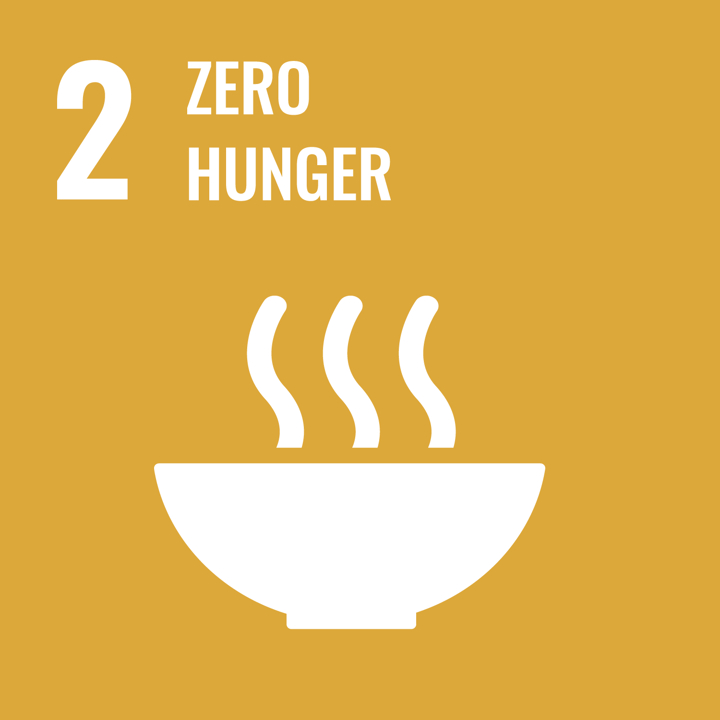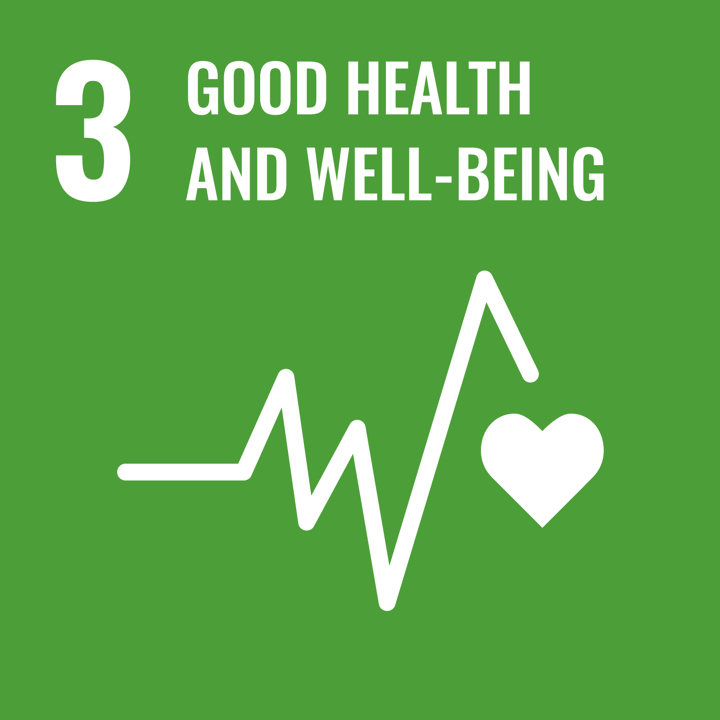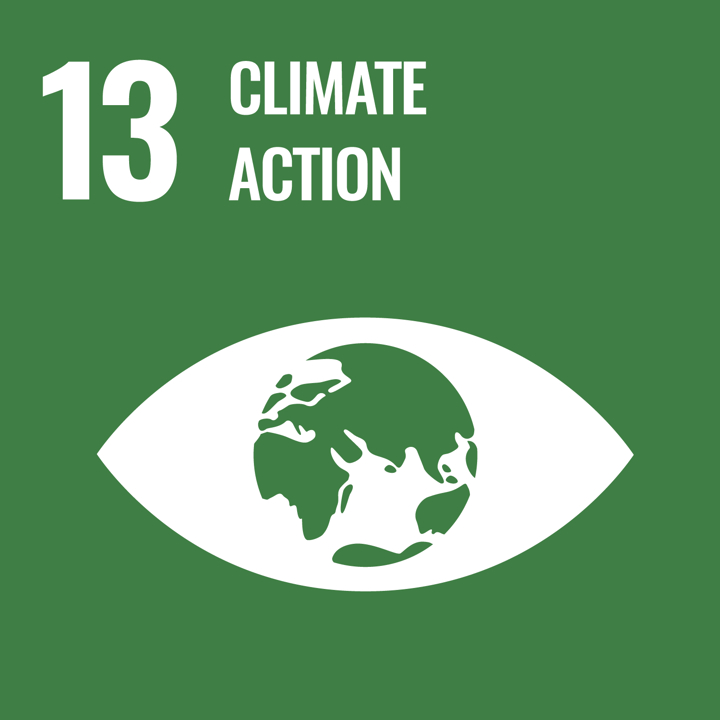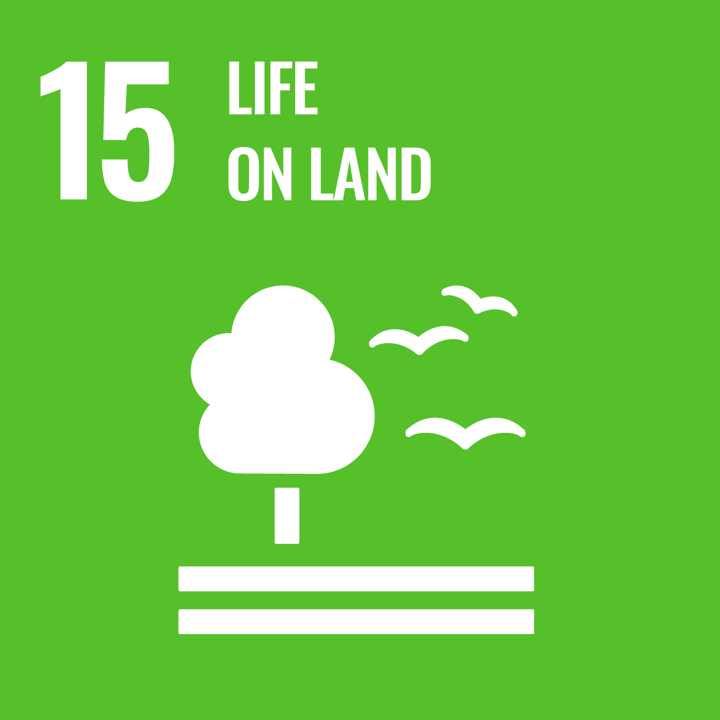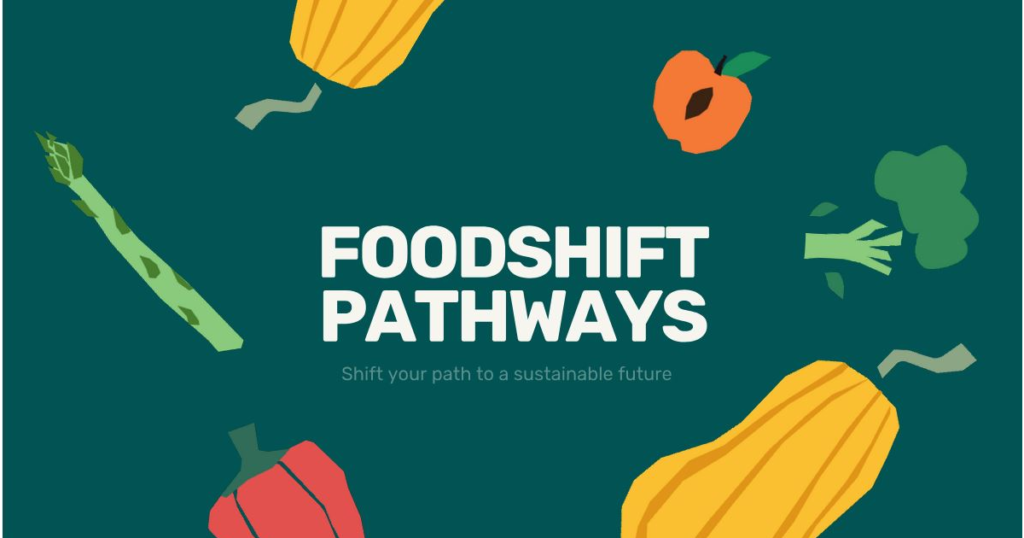
Utilizador final previsto: Professor, formador de professores
Grupo etário: Primário inferior; Primário superior; Secundário inferior; Secundário superior
Currículo escolar: Ciências; Educação social, física e sanitária; Ciências sociais e ambientais; Ciências aplicadas
Temas e tópicos: Environmental Change; Food and Agriculture
Tipo de recurso: Game, Guidelines & Notes, Audio/Video, Lesson Plans, Project
Palavras-chave: Sustainability, Food Systems, Biodiversity, Urban Farming, Community Collaboration
Línguas: Inglês
Descrição
The main goal of the Open Learning Scenarios (OLS) is to guide teachers to extensively address different topics related with the sustainability of food systems. With OLS, students are the center of the learning process, having an active role in building their own knowledge, not only within the school community, but also by developing collaborations outside the school with the surrounding community, through the engagement of diverse societal actors.
In addition to this open schooling approach, OLS also follow the living-lab methodology, adapted to the different context of schools and school communities, where students are at the same level of involvement as societal actors, becoming all together co-creators in real-life scenarios, contributing to the resolution of food system related problems that affect the whole community.
This resource is consisted 60 scenarios that are connected with 6 videos that are ready to be implemented by the teachers.
Como utilizar este recurso
The Open Learning Scenarios (OLS) resource provides 60 learning scenarios and 6 accompanying videos designed to help teachers guide students in addressing food system sustainability through open schooling and living-lab methodologies. To use this resource:
- Select a Scenario: Choose from the 60 scenarios based on the topic or challenge relevant to your curriculum or local community.
- Watch the Videos: Use the accompanying videos to introduce the topic and spark discussion among students. Each video concludes with a dilemma for students to explore further.
- Facilitate Collaborative Learning: Encourage students to engage actively by brainstorming, discussing, and co-creating solutions for the posed challenges, integrating contributions from societal actors when possible.
- Implement Living-Lab Methodology: Guide students in applying their learning to real-world settings by working collaboratively with the school community and external stakeholders to address local food sustainability issues.
- Evaluate Outcomes: Reflect on the solutions developed, their feasibility, and their potential impact on food system sustainability, fostering critical thinking and problem-solving skills.
Os recursos
Initial Open Learning Scenarios PDF:
Resultados da aprendizagem
- Obter conhecimentos prévios e aprofundar o conhecimento e a compreensão dos conceitos-chave da Cidadania para a Sustentabilidade, desafiando as visões do mundo e os valores estabelecidos.
- Aplicar uma série de ferramentas e quadros adequados para promover a Cidadania para a Sustentabilidade dos estudantes
- Sintetizar de forma colaborativa os conhecimentos, as ferramentas e os quadros para criar materiais didácticos e planos de aulas adaptados ao seu próprio contexto local
- Através de actividades de workshops e de comunidades de prática, desenvolver capacidades e agência enquanto educadores e líderes da Cidadania para a Sustentabilidade.
Competências verdes
- Incorporar valores sustentáveis: Valorizar a sustentabilidade; apoiar a equidade; promover a natureza
- Abraçar a complexidade na sustentabilidade: Pensamento sistémico; Pensamento crítico; Enquadramento de problemas
- Perspectivas de futuros sustentáveis: Literacia do futuro; Adaptabilidade; Pensamento exploratório
- Agir em prol da sustentabilidade: Agência Política; Ação Colectiva; Iniciativa Individual
Creative Commons

This work, Open Learning Scenarios (OLS), is licensed under a Creative Commons Attribution-NonCommercial 4.0 International (CC BY-NC 4.0) license. The resource was developed by Gisela Oliveira, Joana Vieira and Inês Almas.
ODS
